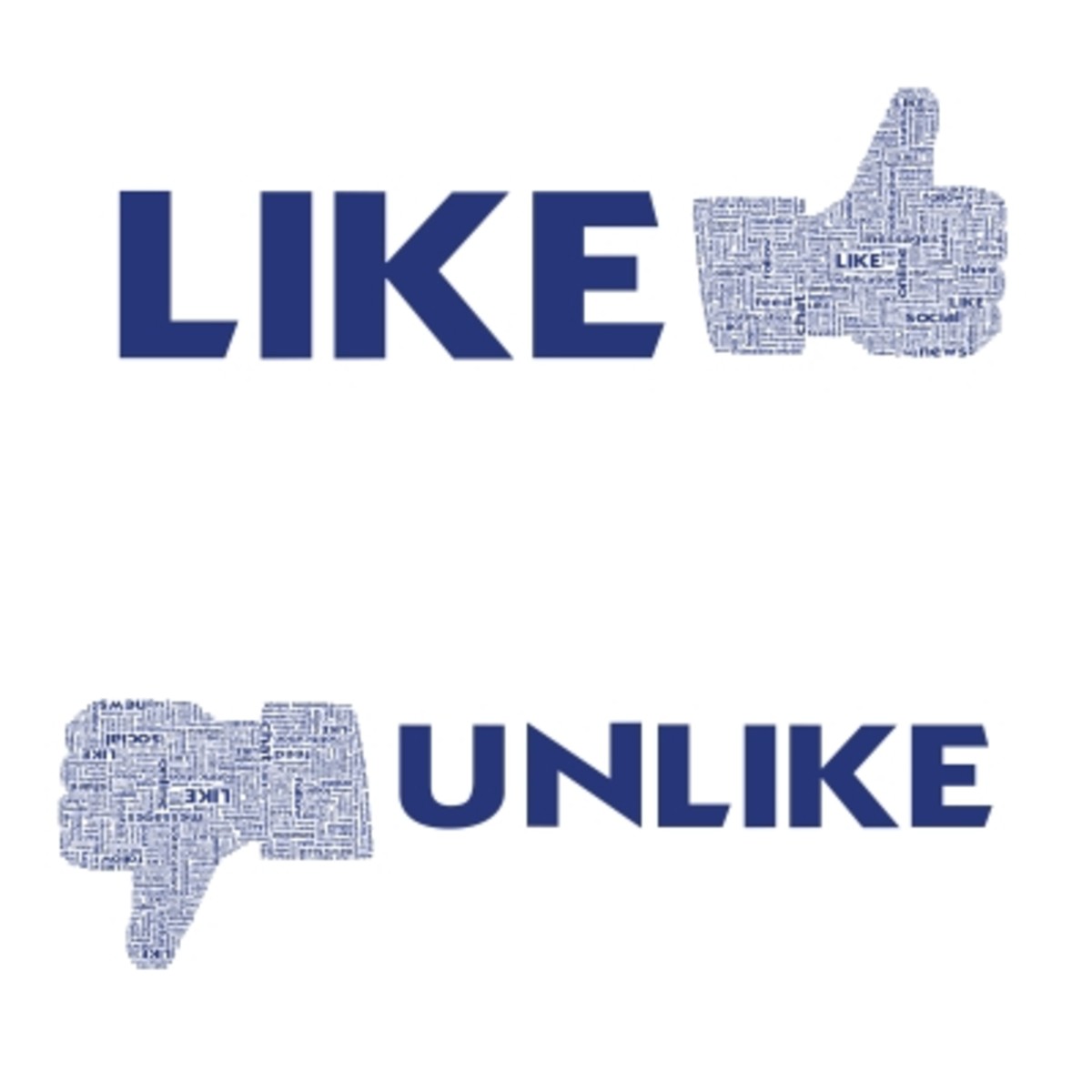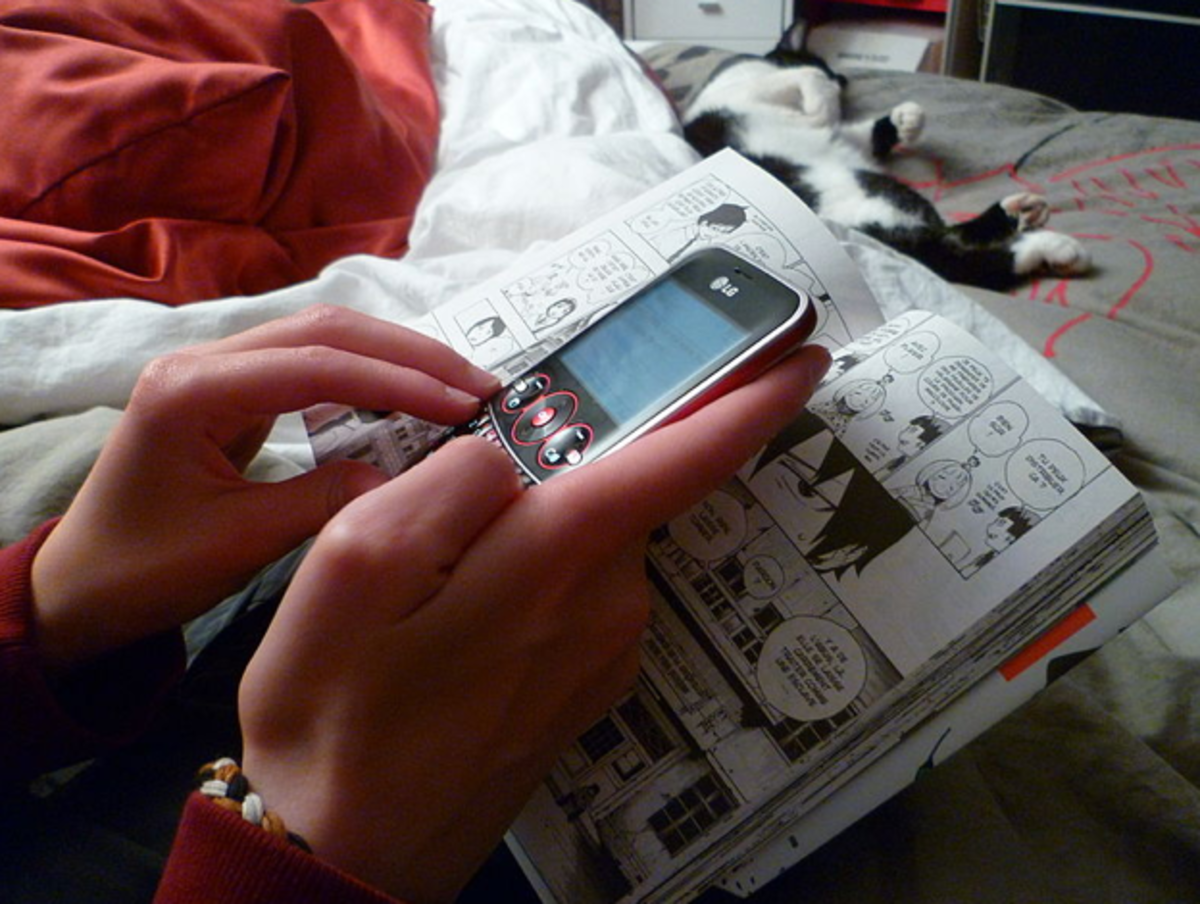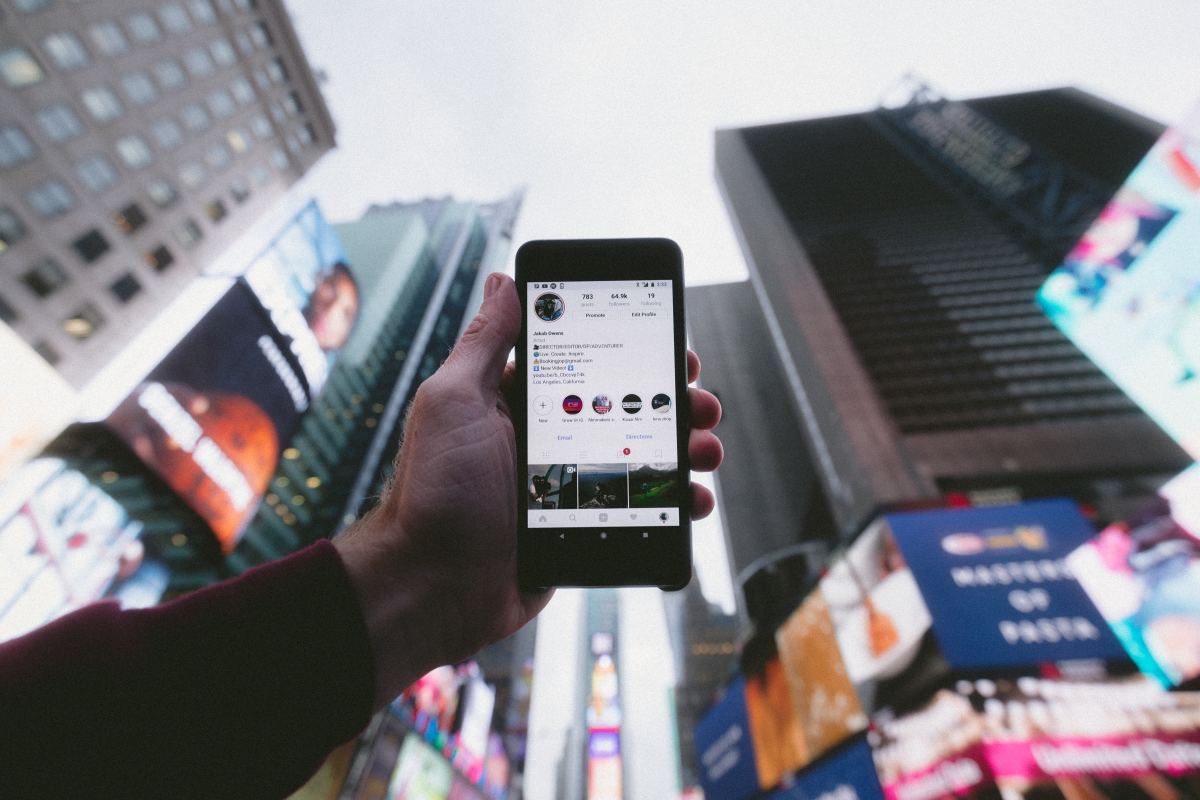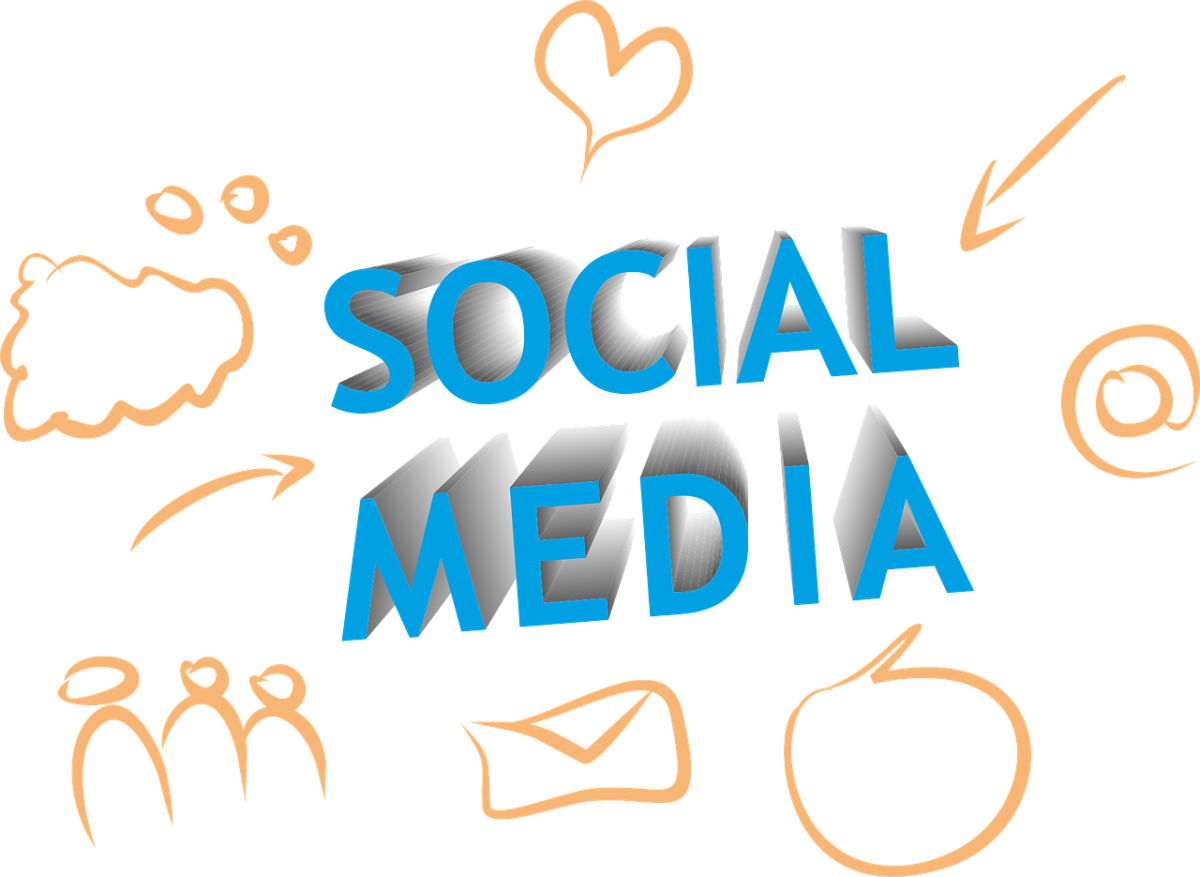Social Media's Increasing Control Over Us
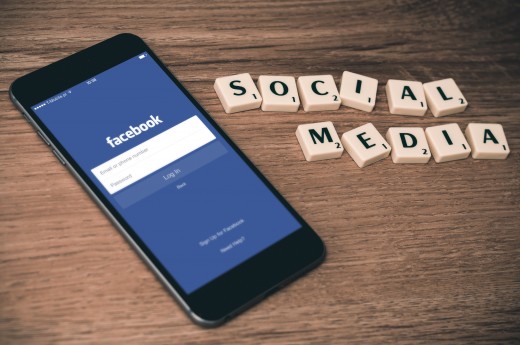
Social Media and Us
Social media’s integration into the average person’s life can be described as purely ubiquitous. Most people would wonder if that’s such a bad thing though. My answer? Yes! And well, no. No, because social media has allowed us to connect, and come together with individuals who share the same way of thinking as us, no matter how great the distance.
Old bonds are rekindled every day, there’s more instant access to goods and entertainment. There’s the relative ease of starting your own business compared to the days before social media, along with better promotion and branding opportunities for the independent artist or entrepreneur. And we can't forget that the ability to share your passions and voice with the whole world has all been augmented through the advent of the Internet and social media (SM). But through the amazing powers of the SM world, what price do a lot of us pay for this? Who’s affected the most from the inadvertent side-effects of relying on SM for too much? Let’s delve right into it.
The main thing to think about is the effect that interactive media has on the psychological behaviors of its users after prolonged usage. Two main areas of concern for the most part are the effects on self-esteem, and the exploitation of instant gratification—which leads to dependency. Also, while we’re going to be looking into the behavioral side-effects of SM, we’re mainly going to be discussing the effects of too much Social Networking app usage specifically—apps like Facebook, Instagram, Snapchat, and the like, and the conveniences these apps serve.
Self-Esteem

What is Self-Esteem?
We need to get a simple of understanding of self-esteem before we can talk about it. It can be described as the overall sense of self-worth or value, as stated by Kendra Cherry in her piece “What Exactly is Self-Esteem?”. As far as low self-esteem is concerned, I’m willing to bet that every person ever has felt its sting at least once in their life. It’s a very common sensation that we’re all capable of experiencing at one point or another. Some of us deal with this more often than others, unfortunately. But the need to compare ourselves to others…when does it go too far? Vanity, narcissistic behavior, inferiority complex, and even depression are just some of the unfortunate traits we find ourselves stuck with the deeper we venture into Social Networking Sites (SNSs for now).
According to Dr. Helen Fisher and Dr. Justin R. Garcia of SinglesinAmerica.com, we must be weary of what's called the “Social Judgement Zone”. Yes, everything from what you post about, your grammar, to how you look and dress are all being critiqued by others, whether you know it or not—many tend to be in the know though. It’s no wonder why everyone tries to look impressive online when doing ANYTHING. It’s easy to deceive others and lead people to think we have such amazing lives, possessions, jobs, or relationships, but it can be just as easy to BE deceived as well. Dr. Clarissa Silva, a scientist, entrepreneur, relationship expert, describes in her article, “Social Media’s Impact on Self Esteem”, the act of someone portraying an online a version of who they are that isn’t true to how they are in the real world as "Vanity Validation".
Are you a victim of this? One can cultivate hundreds of likes and comments from this behavior, thus giving the person a sense of satisfaction (or intermittent reinforcement as described by B.F. Skinner), which then leads to them continuing this behavior, as described by Dr. Clarissa Silva as the "Slot Machine Effect"—thus starting the cycle.
Who's Affected Most?
Almost anyone can undergo the Slot Machine Effect and the Vanity Validation experience, but the group affected the most is, you guessed it, millennials. While being both a millennial that uses social media myself and one that’s observed the consistent behaviors of my peers, in person and online, I can say I’ve understood all this very well for a while—save the fancy terminology. Most of these studies, and plenty more, are done on people in the millennial age group—pretty much anyone aged around their early/mid thirties down to early twenties—and even younger. I’ve fallen victim to the behavioral changes one can undergo through extensive SNS usage. It’s not wrong to want to be liked or respected by others, you just need to be careful.
I know I probably sound like a really uncool parent right now but trust me. If you depend on SNSs to such an extent, then you’ll realize just how depressed and socially inept you can become if say, God forbid, the entire Internet collapsed for a week! When getting sucked into the Slot Machine Effect and Vanity Validation—both characteristics of “Fear of Losing Out” or FOMO according to Dr. Clarissa Silva and Single in America—you’ll develop a nasty dependency for online interaction, which leads to my next point.
Dependency and Destractions

How Dependent Are We Getting?
As far as dependency is concerned, we've already discussed how people depend on it to uplift their self-esteem, which is something you can do without SM by the way, surprise! But there’s another way you can get sucked into the proverbial black hole or "void" of SM/SNSs, and that’s through it's services. Everything from art and education, to products and food services are all at the tip of your fingers. Don’t forget about all the books, TV shows, movies, albums, and other goodies that are at one’s beckoning call, able to respond to your demands in seconds.
SNSs have allowed us to perform most of the tasks, that we’d normally go out and perform ourselves, in the comfort of our own beds…or futons. Hungry? Say goodbye to nice restaurants, the drive-thru or the grocery store. All you need is an app like Grubhub, Uber Eats, or DoorDash. Services like these are rapidly expanding and most likely coming to your area. Bored? Don’t worry about going out to the movies or out with friends. Just pull up some Netflix, Hulu, YouTube, VRV, Crunchyroll, etc. Want to date? Instead of going out and meeting people organically we can just pull up Tinder, Ok Cupid, POF, Bumble, Zoosk, or Badoo, and plenty more. Need a job? There’s countless numbers of opportunities to make a living online, like on Facebook or YouTube to name a couple.
Now don’t get me wrong, there’s nothing bad about using these apps, I use quite a few of these myself—especially Crunchyroll. The problem is that people are using these apps as replacements for real life experiences. Over time, they become so sucked into all the media that they start to lose their social skills. I mean, our communication skills are slowly starting to go down the drain.
Just take a minute to think of all the Facebook posts you’ve seen, or have made yourself, about being socially awkward or “anti-social”— which technically they mean to say 'asocial'. It’s becoming more and more common. Productivity in our work life is going down because keeping up on Instagram is more important to us. According an article titled “29 Social Networking Addiction Statistics” by Brandon Gaille (creator of The Blog Millionaire podcast), he states that “If 1,000 employees spent 1 hour each day cyberloafing, the company could lose $35 million a year.” Isn’t that something?
So What do We do?
How do we avoid or overcome these challenges? We fight back. Well, that answer is easier said, or typed, than done. But at least get started, we need to simply 1). Reduce the use of SM all-together. 2). Go out and interact with the world as best as you can. Meet people, pick up a book, pick up a hobby, exercise, visit new restaurants—and do your best to NOT take photos of the food every meal! If you absolutely have to post your food or take a selfie, do it on special occasions. That’s what I do at least. You don’t have to ween yourself off of SM completely, but most of us can do with far less usage than we have now. 3). Inspire others to do the same.
As bad as social media can potentially be, it can be used in very great and innovative ways as well. Try to use SM to compliment your lifestyle and to help develop yourself, not the other way around. Especially you much younger ones out there. You have grown up with the Internet and social media to begin with, so make sure you don’t forget about the world around you.

Always Remember
No matter who you are, where you are, how old you are, how much money you have, what you look like, what your interests are, or what your beliefs are, you’re a valuable and beautiful person. The people you may look up to online may be very insecure people inside too, so be your own strength. There’s always going to be people out there that’ll accept you for who are, and of those people the most important one is yourself first. I know I know, very cheesy, but it’s the truth! People have been happy and successful long before computers were even invented. Let’s advance along with technology, but let us not have technology take over our humanity.
© 2018 Chris Norris

